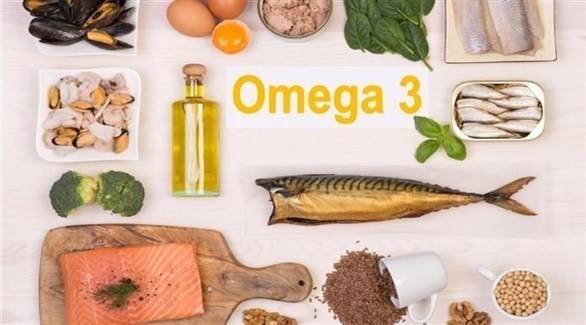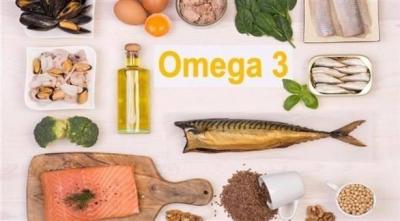They may be small in size, but chia seeds compensate for their size in terms of their nutritional value. According to an article published on Well+Good, chia seeds are the richest plant source of omega-3. Plant-based nutrition specialist Julianna Hever says, "Omega-3 fatty acids are essential and need to be obtained from the diet, but they are a bit harder to get than other essential fatty acids, omega-6 fatty acids, which are plentiful in the food supply. Therefore, we need to get more omega-3s and less omega-6s for an optimal ratio."
**Brain and Heart Benefits**
Hever adds that omega-3s are beneficial for both the brain and the heart as they support brain and cardiovascular function, noting that "The omega-3 fatty acids found in chia seeds come in the form of alpha-linolenic acid (ALA), which is associated with anti-inflammatory, anti-coagulant, and anti-arrhythmic properties, making it truly beneficial for the heart and the overall circulatory system." This type of fatty acid is also found in nuts, flaxseeds, and leafy greens, and research shows a link between ALA consumption and longevity.
**Plant-Based Sources Are Better**
Seafood, such as salmon and algae (also known as sea greens), are other major sources of omega-3, but it is best to consume them alongside a source of alpha-linolenic omega-3, as it contains long-chain fatty acids known as DHA and EPA, which the body also needs to function optimally.
**Other Benefits of Chia Seeds**
According to Harvard University, a serving size of chia seeds equates to about two tablespoons, which contain approximately 140 calories, 4 grams of protein, 11 grams of fiber, 7 grams of unsaturated fats, and 18% of the recommended daily intake of calcium, along with rare minerals including zinc and copper.
**Amino Acids**
Hever states that aside from being a good source of ALA fatty acids, chia seeds provide protein, amino acids, and many anti-inflammatory phytonutrients. "Especially in a plant-based diet, where protein can be obtained from seeds, nuts, and legumes, chia seeds are an excellent source of essential amino acids, which play a central role in the production of bioregulators such as hormones and neurotransmitters."
**Antioxidants and Inflammation**
Hever also notes that chia seeds are rich in antioxidants and anti-inflammatory compounds such as flavonoids, tocopherols, carotenoids, and phenolic compounds, in addition to containing many minerals like calcium, phosphorus, and magnesium that support bone health, along with zinc, and soluble fiber, which promotes gut health and helps lower cholesterol and blood sugar levels.




